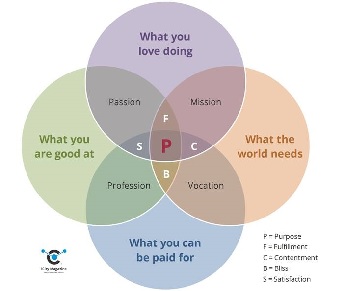For me university was a pivotal stage in my life that allowed me to meet and become friends with such a large diversity of people from so many different backgrounds. I'm a firm believer in the greater variety of people you can expose yourself to, from different walks of life, the better you develop as your own self. I believe it's truly allowed me to build my social skills and people skills, which allows you to make connections that really can be life changing.
Nottingham University has a fantastic balance of academic and social experiences, both of which I thoroughly indulged in! I'm really into sport, and the uni offered a lot in terms of clubs and teams to get involved in. Despite being a local that grew in Nottingham, it was important to me to have my independence and live in halls and then accommodation in the surrounding areas; Lenton in particular being a massive student community. Albeit I could have saved some money and lived at home but I saw this as an investment into my own independence and personal development.
Looking back at my degree in particular I met some remarkable people and minds, being surrounded by these people really elevated and inspired me. I have always thrived in environments where I'm breaking the mould or doing things that are not the norm. Walking into the lecture theatre B1 in my first week, being perhaps noting 20 females in what was a room of approximately 220 people was interesting but if any it drove my ambition. It's amazing to hear that this percentage has increased - it's what the world needs! Having different genders involved in STEM related jobs post university is going to allow companies to develop their own perspectives further and diversify them, rather than operating from just a male perspective. Companies having a large diversity of people from so many different backgrounds can only be of benefit.
At times I definitely remember feeling out of my depth worried I had taken on too much as a Physics degree definitely serves up its fair share of challenges. However, the teaching staff, my own tutor and my course friends all provided their support at different points through the class to help me achieve a 2.1 overall, something which I'm still incredibly proud of almost 10 years on. The support amongst my peers within the common rooms and friendship groups really helped me to achieve this.
I now run an engineering firm, which is actually our family business. My mum's father (my grandfather) set up his own business over 50 years ago now, with various family members along the way working within the business including my dad. Working in a male dominated industry is something that has never bothered me, it's an environment I've been used to since university. My role is extremely varied and every day can be different. Due to our size I often find myself having to solve problems that are entirely new to me and the resilience I learnt at university with problem solving has definitely been of benefit. We manufacture metal pressings and the logical approach when it comes to the power presses helps me to grasp an understanding of what our team is working with. I've also worked in other management roles since leaving university and one thing I've found, even though it's almost a decade since I graduated, people are still impressed by the fact I did physics and at a university like Nottingham. It clearly carries a strong reputation even years on. I love the autonomy within my current role and the opportunity to drive the business in whichever direction I feel is most beneficial. It carries a hell of a lot of responsibility and was something that weighed heavily initially, but now something I carry with pride. Recently we made investments within the company for new machinery so that we were able to move to a 4 day week at the start of this year, reducing our weekly hours from 39 to 34 and it's had great beneficial results for all here at Chilwell Products.
I just try to do what I can with the situation in front of me, then reflect and build on that again. I look for continuous improvement, again and again. The best skills I have found that aid me are my interpersonal skills, people might not remember what you say, but they certainly remember how you make them feel.
If I went back to the 18 year old me, knowing what I know now, I'd likely share the following: it doesn't matter if you haven't managed to get an internship, it doesn't matter if you don't know what grad scheme you want to join. Follow that that you are interested in, hard work comes much easier when you follow what you enjoy. The purpose venn diagram speaks to me and is a fantastic visual aid (not entirely sure how you might get this across in text though!)
